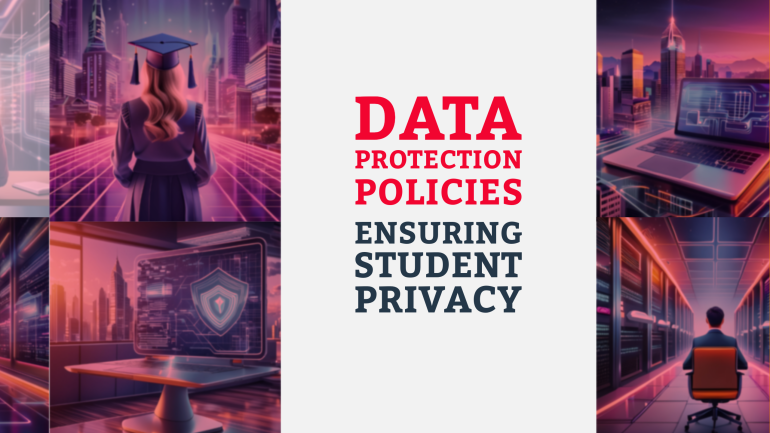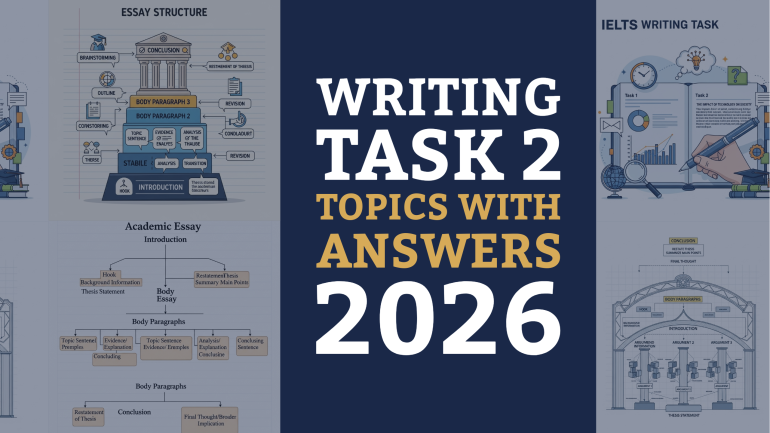Table of Contents
You may also interested:
TL;DR: Data Protection Policies – Ensuring Student Privacy
- Understanding legal requirements: Schools must be familiar with data protection laws such as the Family Educational Rights and Privacy Act (FERPA) and the Children’s Online Privacy Protection Act (COPPA).
- Creating comprehensive policies: Schools should develop thorough data protection policies that outline how student information is collected, stored, and used.
- Training staff and students: It is important to educate school staff and students about data protection policies and best practices to ensure compliance and privacy.
- Implementing secure technology: Schools should invest in secure technology systems and regularly update them to protect student data from cyber threats.
- Regular audits and updates: Schools should conduct regular audits of their data protection policies and make necessary updates to address any emerging privacy concerns or changes in regulations.
There’s no denying the importance of data protection policies in educational institutions to safeguard students’ sensitive information from cyber threats and unauthorized access. From student records to online learning platforms, schools and universities must implement robust measures to protect student privacy and comply with data protection regulations. This blog post will probe into the significance of data protection policies in educational settings, the risks of inadequate privacy measures, and key strategies to ensure student privacy is maintained at all times.
Understanding Data Privacy Laws
General Data Protection Regulation (GDPR)
While data privacy laws vary by country, one of the most important regulations to be aware of is the General Data Protection Regulation (GDPR) in the European Union. This regulation is designed to protect the personal data and privacy of individuals within the EU and European Economic Area.
Family Educational Rights and Privacy Act (FERPA)
Privacy is paramount when it comes to students’ educational records, which is where the Family Educational Rights and Privacy Act (FERPA) in the United States comes into play. FERPA gives students certain rights regarding their education records, including the right to control the disclosure of their information.
To ensure compliance with FERPA, educational institutions must obtain written consent from eligible students before disclosing any personally identifiable information from their educational records. Violation of FERPA regulations can result in severe penalties, including loss of federal funding for educational institutions. It is imperative for schools and organizations to handle student data with the utmost care and adhere to the guidelines set forth by FERPA to protect student privacy.
Developing Effective Data Protection Policies
Assessing Data Risks in Educational Institutions
You must begin by assessing the data risks present in educational institutions. This involves identifying the types of data collected, stored, and processed, as well as potential vulnerabilities that could lead to data breaches.
Key Components of a Strong Data Protection Policy
For a data protection policy to be effective, it must include clear guidelines on data collection, access controls, encryption methods, data retention periods, and breach response protocols. Implementing regular data security training for staff and students is also crucial to ensure compliance.
It is imperative that educational institutions have a designated Data Protection Officer (DPO) who oversees the implementation of the data protection policy and ensures compliance with regulations such as GDPR and FERPA. Additionally, conducting regular audits and assessments of data protection measures can help identify and address any vulnerabilities before they are exploited.
Implementing Data Security Measures
Training and Awareness for Educators and Staff
On the front lines of data protection are the educators and staff who handle student information daily. It is crucial to provide comprehensive training on data security protocols, including how to handle sensitive information, recognize phishing attempts, and securely store data.
Technological Solutions for Data Security
For ensuring robust data security, technological solutions play a vital role. Implementing encryption techniques, access controls, and regular data backups are vital measures to safeguard student information from unauthorized access or breaches.
Plus, implementing multi-factor authentication can add an extra layer of security by requiring users to provide more than one form of verification to access data, reducing the risk of unauthorized access.
Monitoring and Compliance
Many educational institutions have implemented strict monitoring and compliance measures to ensure the protection of student data. This includes regular audits and data policy reviews to maintain the integrity of their data protection policies.
Regular Audits and Data Policy Reviews
One necessary aspect of maintaining data protection policies is conducting regular audits and reviews of the existing policies. These audits help identify any gaps or weaknesses in the system and ensure that the policies are up to date with the latest regulations and best practices.
Handling Data Breaches and Violations
Audits should also include scenarios for handling data breaches and violations. It is crucial for educational institutions to have a clear protocol in place for responding to and mitigating data breaches to minimize the impact on student privacy.
Another important aspect is to have consequences in place for individuals or entities that violate data protection policies. This can include disciplinary actions, fines, or legal consequences to emphasize the seriousness of data breaches and violations.
Final Words
Conclusively, implementing robust data protection policies is imperative for ensuring student privacy in educational institutions. By establishing strict guidelines for collecting, storing, and sharing student data, schools can safeguard sensitive information and build trust with students, parents, and staff. Regular training on data protection best practices and compliance with relevant laws and regulations are also crucial components of a comprehensive data protection strategy. Prioritizing student privacy not only protects individuals from potential risks but also upholds the reputation and integrity of the educational institution.
FAQ
Q: What are data protection policies?
A: Data protection policies are guidelines and procedures put in place to ensure the confidentiality, integrity, and availability of personal data, particularly sensitive information about students, in compliance with privacy laws and regulations.
Q: Why are data protection policies important for student privacy?
A: Data protection policies are crucial to safeguarding student privacy as they establish clear rules on how personal information is collected, processed, stored, and shared, helping to prevent data breaches and unauthorized access.
Q: What are the key components of a data protection policy for student privacy?
A: Key components of a data protection policy for student privacy include defining the purpose of data collection, specifying the types of data collected, outlining security measures to protect data, detailing procedures for data access and sharing, and establishing accountability for compliance.
How can educational institutions ensure compliance with data protection policies?
A: Educational institutions can ensure compliance with data protection policies by conducting regular assessments of data processing activities, providing training on data security and privacy practices, implementing technical safeguards such as encryption and access controls, and appointing a data protection officer to oversee compliance efforts.
What are the consequences of non-compliance with data protection policies for student privacy?
A: Non-compliance with data protection policies for student privacy can result in severe consequences, including fines, lawsuits, reputational damage, and loss of trust among students and parents. It is vital for educational institutions to prioritize data protection to maintain a high standard of student privacy.





